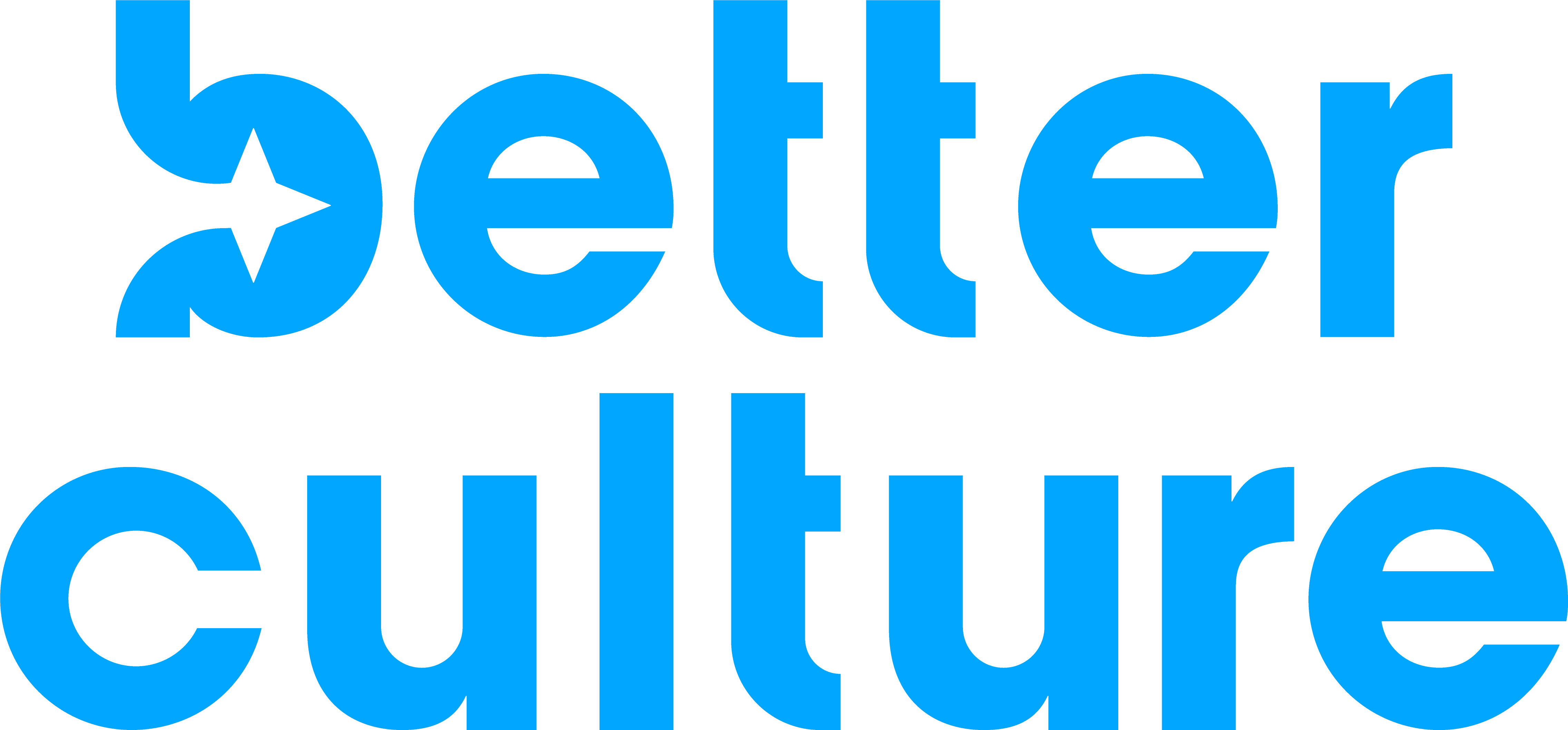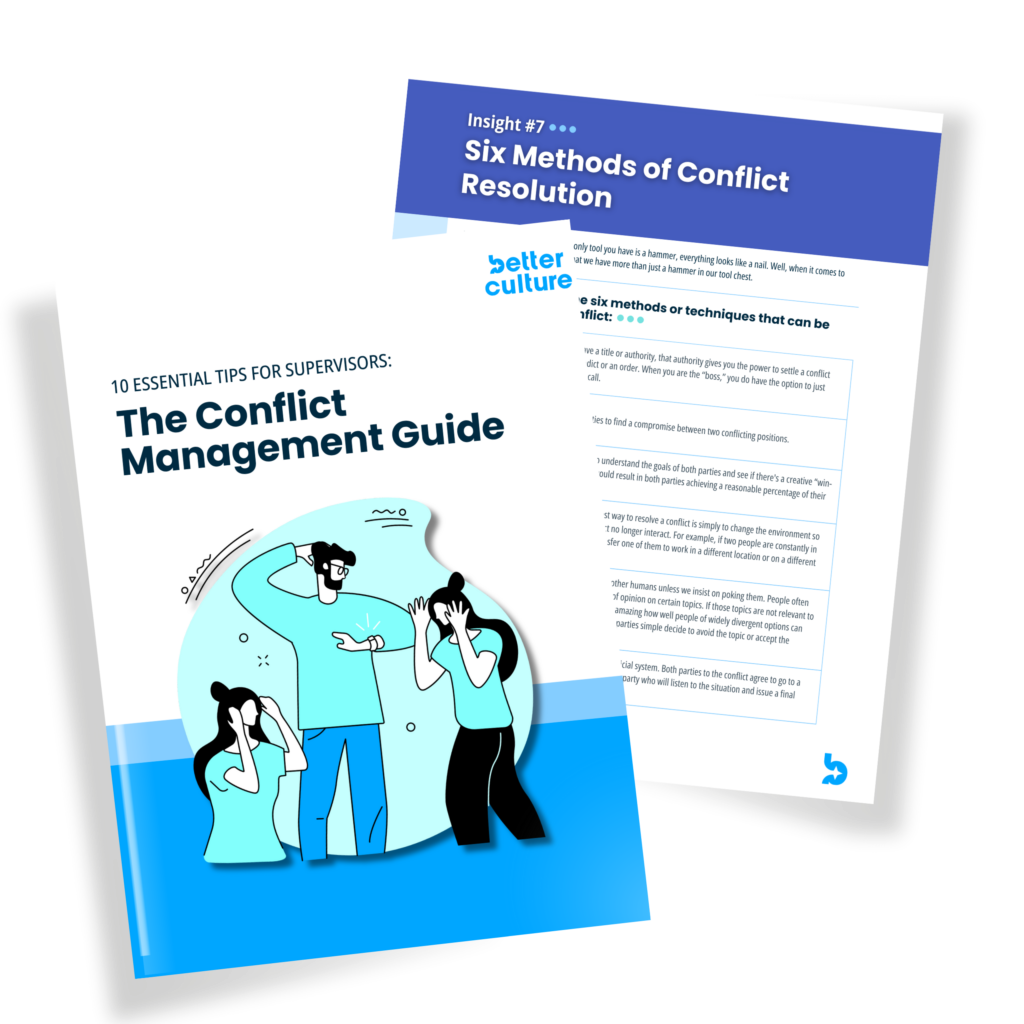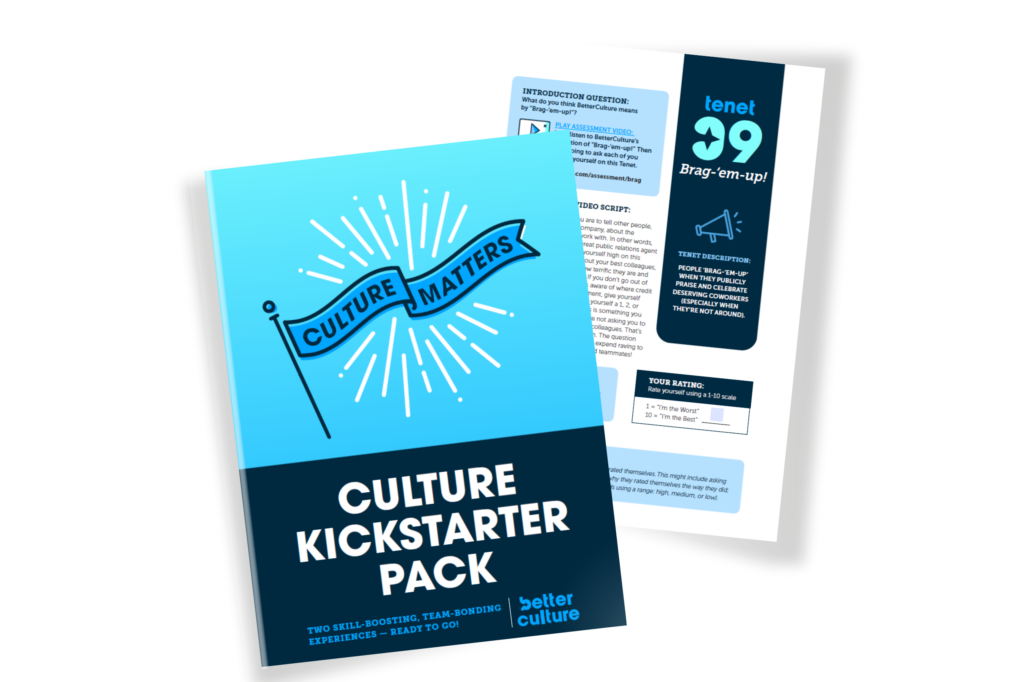In many companies, interviews are conducted as a one-way exchange. The prospective employer uses the process to learn as much valuable information about the candidate as possible. That’s how it’s supposed to work, right?
It’s as if we’re peering through a narrow window, hoping to catch a glimpse of the applicant’s potential. Employers would be wise to reexamine this approach.
Picture instead the interaction as a lively chat. It should be 65% engaging and evaluative conversation and 35% an opportunity to showcase what makes your company an outstanding workplace. The ultimate aim? To make sure every applicant departs not just curious but thrilled about the prospect of joining your team.
The era where companies held all the cards in the talent game is far behind us. In today’s landscape, it’s a seller’s market for exceptional talent. No longer can employers afford to view conducting interviews as mundane tasks on a to-do checklist. Interviews must be transformed into valuable opportunities to form real, meaningful connections with talent.
These conversations should not be simply about filling a role; they should be about sculpting a shared future. It’s a chance for both sides to see if goals align and explore the potential for a long-lasting partnership. Interviews then become a cornerstone of relationships that can drive both the individual’s career and the success of the organization.
Learning from the Field: Coaches and CEOs
Ever wonder how successful head football coaches build their dream teams? One thing they always do is make recruiting talent a top priority.
They put their best people on that task – and if that is the head coach you can bet that coach will be at the forefront of those recruitment visits. They don’t delegate; they’re out there on the road, scouting for the best and convincing them to become part of that coach’s team.
Although rare, the best CEOs will do the same thing. When one of the best CEOs we have worked with was asked how he found the time to interview so many of the company’s job applicants, his response was incredibly insightful: “Well, if you can tell me something more valuable than bringing great talent into our company, let me know what that is. I will do that instead!”
These coaches and unique CEOs understand that there’s no substitute for talent. What can we learn from them? One big lesson is to have effective salespeople involved in recruitment. Yet, that is not what we usually see.
Often companies give their most persuasive salespeople no role in the interview process. For example, recruitment and interview processes seldom involve involvement from marketing, communications, sales, or community relations. That’s a mistake.
Want a clue to see if a company gets it? Take a look at the company’s employee application materials. If they are dry as dirt (no color, no fun, no style, no energy) you just might be looking at a company that has put little thought into effective recruitment.
Insights for a Stellar Interview Experience
Insight #1: The Power of Inviting Questions
One of our best clients wisely informs applicants before their interview that their questions are not just welcomed but are encouraged. They then start the interview by asking the applicant if they have any questions they would like to ask. This simple shift sets a tone of transparency and sends the message that the organization recognizes that this is big decision for the applicant.
The commonly shared interview advice, “You stand to gain more insight from the questions an applicant will pose than from their answers,” is good advice. This approach assesses an applicant’s curiosity and offers a window into their thought process and priorities. Interviewers would do well to heed this advice more often.
Insight #2: Every Detail Matters
Recruitment encompasses far more than just the interview itself. It’s a holistic experience that begins the moment an applicant interacts with your company.
From the quality of application forms, to the warmth of the reception they receive prior to an interview, every detail counts. Timely and clear communication, right from the initial contact to subsequent interactions, conveys a sense of professionalism and respect for the applicant’s time and interest.
It’s the collective impression of these small details that shapes an applicant’s perception of your company and its commitment to a positive employee experience.
Insight #3: The Closer’s Role
Imagine a handpicked team member (a “closer”) taking the reins after an interview, guiding a promising applicant on a tour of your company (or having a virtual conversation). This post-interview interaction offers two benefits:
- The closer will have an opportunity to get a feel for the applicant’s more natural personality after the formal interview has been concluded, and
- The Closer can recruit and bolster the company’s image.
For example, the closer can talk about their experience as an employee, highlight positive qualities of the applicant’s prospective supervisor, and shed light on the kind of support and work experience the applicant can expect should they choose to accept an offer of employment.
Elevating Your Talent Acquisition Game
Evaluating an applicant’s interview performance is one important consideration when you’re ready to decide whether to make an offer of employment. It is also true that some outstanding employees, particularly if they are somewhat reserved and modest, will not always make a standout impression during the interview. Other worthwhile considerations include:
- How prompt were they in setting up appointments?
- Did they treat the application with care and attention?
- How did they interact with recruiters, schedulers or front office team members?
- Did they show up on time? Or even better, early?
- Have they done their homework about your organization?
- What was their vibe after the interview or during the tour?
- Are they showing genuine interest, and how do they follow up?
All these observations combine to give you a more complete picture of how well the applicant fits your desired profile and whether they will be a good match for the role and your workplace culture.




